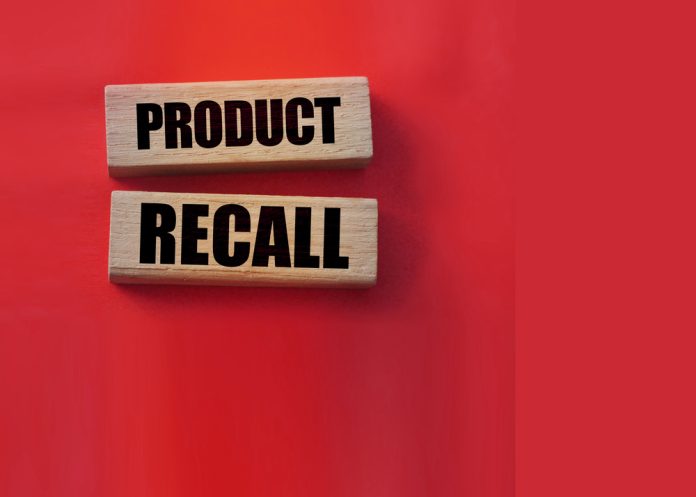
Concerns over product contamination have prompted Mr. Bing Foods Inc. to initiate a recall of its popular sriracha chili sauce, affecting nine states across the U.S.
Key Takeaways
- Mr. Bing Foods Inc. recalled sriracha chili sauce due to contamination warnings.
- The recall spans nine states and involves thousands of bottles.
- The FDA classified the recall as Class II, indicating moderate risk.
- Spoilage organisms were detected, but the exact source is unidentified.
- No illnesses have been reported, but caution is advised.
Scope of the Recall
Mr. Bing Foods Inc., based in New York, has proactively recalled its sriracha chili sauce. The recall affects Delaware, New Hampshire, New York, New Jersey, Maryland, Pennsylvania, Florida, Michigan, and Texas. The FDA flagged the issue under a Class II risk, indicating potential temporary or medically reversible adverse health consequences. The batch includes 864 cases of 9 oz bottles and 772 cases of 18 oz bottles, distinguished by UPC codes 850044819072 and 850044819058.
The recall stems from potential contamination by spoilage organisms such as bacteria, molds, or yeasts. These organisms may compromise food quality and render products unsafe for consumption. Despite the alarm, the specific contamination source remains undetermined. The company’s investigation is ongoing to pinpoint and rectify the issue.
Regulatory Concerns and Compliance
The FDA provides a serious note, “use of or exposure to a violative product may cause temporary or medically reversible adverse health consequences or where the probability of serious adverse health consequences is remote.” This risk classification underscores the importance of regulatory compliance, which Mr. Bing Foods Inc. is committed to addressing vigorously.
“The firm was manufacturing acidified hot sauce without a license. The food was identified at a licensed retail store and was removed via a voluntary recall effort. The findings of the recall identified that most of the distribution was direct, online sales across the US,” stated Andrea Cantu-Schomus.
The FDA highlights that issues such as leakage, under-processing, or contamination during manufacturing processes are typical causes of product spoilage. Such flaws inadvertently introduce harmful pathogens, leading companies to take decisive measures like voluntary recalls to ensure public safety.
Consumer Guidance and Ongoing Measures
The FDA advises consumers in possession of the affected products to dispose of them safely. Though no illnesses have been attributed to the consumption of the recalled items, caution is strongly encouraged. The company’s efforts to trace and resolve the contamination continue, promising updates as new information arises.
“Acidified foods are inherently high risk as the acidification is intended to control the hazard of botulism. The firm had not followed the necessary steps required to ensure safe production, beyond just licensing. They had not consulted with a process authority to have a scheduled process developed,” said Cantu-Schomus.
The recall, while a disruption, underscores the importance of maintaining stringent food safety standards. Consumers seeking more information can contact local retailers or visit the FDA’s recall page to stay informed on developments related to Mr. Bing Foods Inc.’s products.





